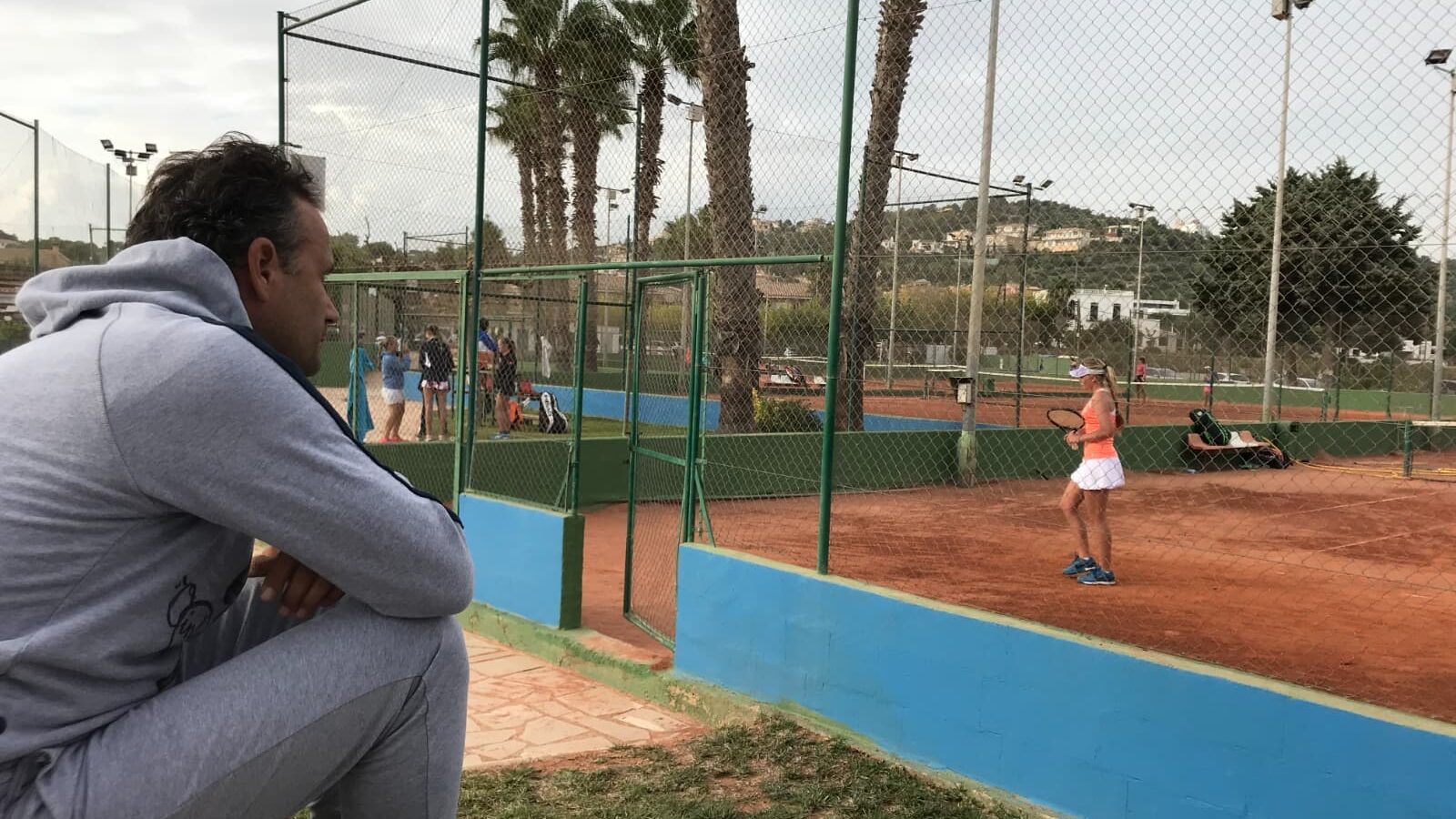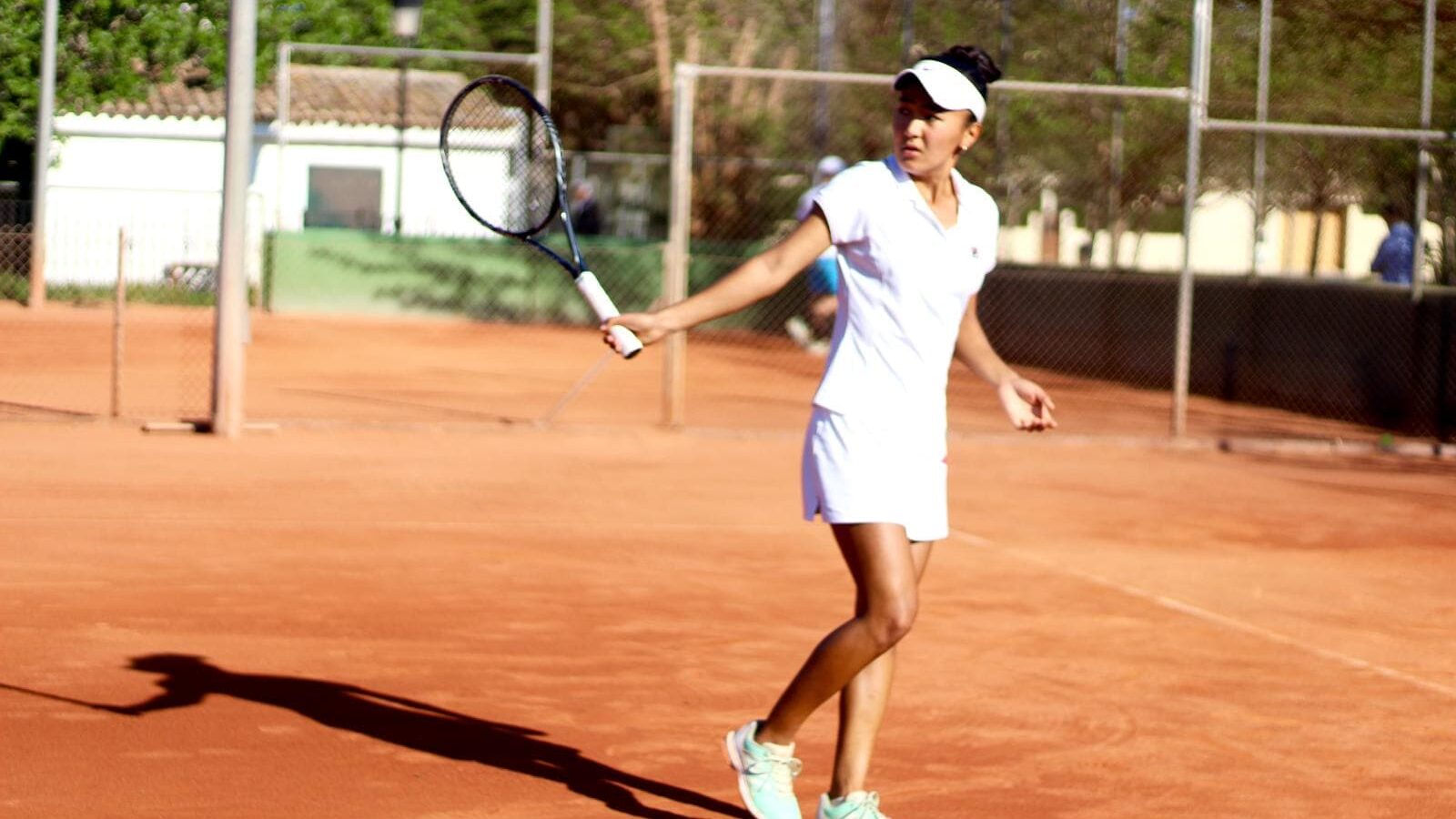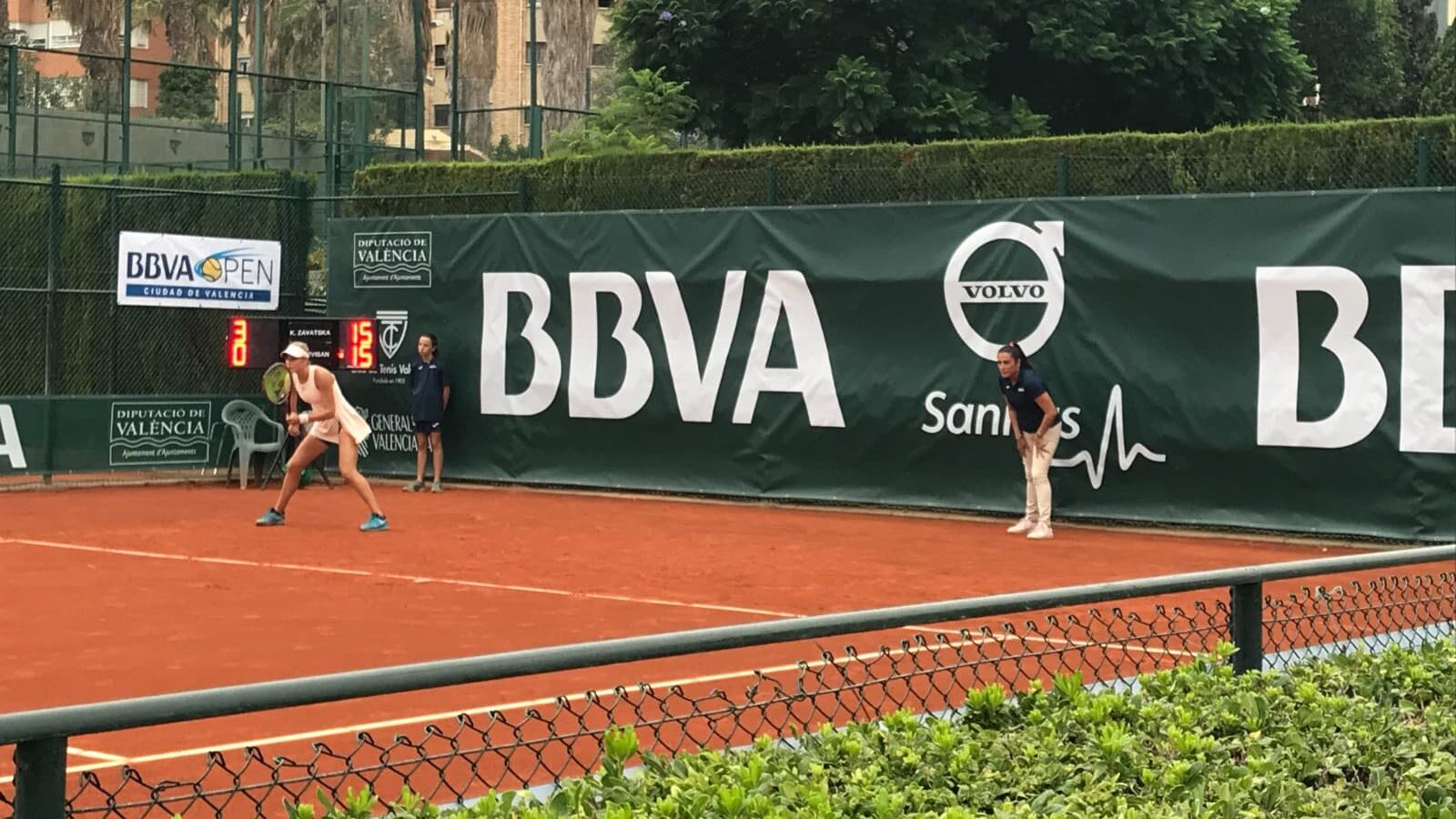We all know how important the psychological aspect is in tennis. Tennis is both a physical and mental game. Often, your physical performance depends heavily on your mental and emotional state. However, mental health in our sport is rarely discussed, even though 99% of tennis players suffer or have suffered from depression, anxiety, frustration, feelings of helplessness, and, in some cases, even suicidal thoughts at some point in their careers. I firmly believe that the more we talk about this crucial topic and the more attention it gets, the more players will have the chance to develop a healthy mindset and truly enjoy the sport we all love.

The Pressure: Mental Health Challenges in Professional Tennis
Let’s start from the beginning. Tennis, like any other high-performance sport, is very demanding. Typically, players start dedicating all their time to tennis around the age of 14, when balancing studies, daily school attendance, training, tournaments, and international travel becomes challenging. Many players are already in tennis academies 24/7, living there. Some academies offer the possibility to continue studying within the academy, while others study online. This means that from a very young age, one must prioritize and commit to their choice. Studying online after a full day of training requires a lot of dedication and double the effort. On top of this, add the self-imposed pressure to achieve good results in tennis and excel in school. Often, the pressure comes from the parents. The player is aware that tennis is an expensive sport, sees their parents investing a lot of money, and feels their expectations. Some parents are demanding. At this age, some players have sponsors, and there are expectations not only from sponsors but also from family, the tennis community, and rankings. Besides being away from home most of the time (sometimes even living in another country), the player has their ambitions and desires to win. You work very hard every day and want to see the results. All this weighs heavily at such a young age. Only a small percentage of players can handle this much pressure.

Then come the tournaments. There is a lot of tension and competition. Everyone wants to win. On the court, you are alone, facing an opponent doing everything possible to beat you. The pressure is immense. There is a lot at stake: points, rankings, the money spent on you, and the trip to the tournament. Results affect contracts. Sometimes you win, sometimes you lose in the first round and head home. Disappointed. You leave feeling defeated because you played terribly, or the other player was better. Inevitably, injuries come at some point. You might spend months without competing. You have to start from scratch. Some players have been injured multiple times and had to start over again and again. Mentally, it’s tough. Doubts consume you. You see other players competing and winning, while you can’t even step on the court.

Behind the Scenes: Stories of Mental Health Struggles
Tennis is a sport of errors. When you step on the court, you’ve got to solve problems. There are several obstacles: the net, the lines, returning your opponent’s shots, who does everything to make you lose. Sometimes, the ball bounces badly, it’s windy, or you might not be at 100% physically. To win, you must take the initiative and continuously find solutions. It’s not enough to hit good shots; you must find your opponent’s weaknesses, be smart, aggressive, and emotionally stable, and not get discouraged after making inevitable errors. In our society, most people fear making mistakes, seeing them as failures. However, in a tennis match, you make mistakes practically every 30 seconds for hours until the match ends. Can you imagine how fast your mind has to work to handle all this during a match? And this goes on day after day, almost 365 days a year. And let’s not forget the spectators. You have to perform in front of an audience that isn’t always on your side. People judge you while you play. In their eyes, if you lose, you’re bad; if you win, you’re good (tennis-wise). If you let this way of thinking affect you, your life becomes a roller coaster because there are many things you can’t control, especially what people think of you and your tennis. It’s essential to separate your self-worth from your results. If you don’t, you end up mentally burned out, which often leads to considering quitting tennis.

Now, let’s talk about the top 10 players in the world. They are under media scrutiny 24/7. Every loss raises doubts about their next win. They won’t let you enjoy the victory if you win, asking if you’ll keep winning or if you think you’ll reach the final. They also love to compare: “At your age, so-and-so had already won such-and-such tournament, and you haven’t yet. Do you think you’ll achieve the same results?” In interviews, they often predict: “If you win this match, you’ll move up this many ranking spots, but if you lose, you risk falling out of the top ten.” If the player doesn’t have a strong and stable mentality, all these questions and comments create doubts and add pressure. You are constantly evaluated. And the higher you rank, the more pressure and expectations there are from sponsors, fans, etc.
Many players outside the top 100 travel alone because they can’t afford to bring their entire team to tournaments. It’s tough because you’re practically alone all the time—during travels, at the hotel, on the court. Loneliness combined with pressure and demands is a mix that will eventually explode, taking a heavy toll on the player.
Moving Forward: Building a Healthier Tennis Culture
As we reflect on the harsh realities of mental health in professional tennis, it’s crucial to look forward with determination and hope. While the challenges are clear, so are the opportunities for meaningful change. It’s time for tennis, both at the professional and amateur levels, to adopt a more compassionate and supportive approach to players’ mental health.

First and foremost, we need to normalize conversations about mental health in tennis. Players should feel free to share their struggles and seek support without fear of judgment or exclusion. Sports organizations, coaches, and veteran players are crucial in fostering a culture of openness and acceptance.
Additionally, practical measures must be implemented to improve access to mental health resources in tennis. This means counseling and emotional support services at the professional and junior levels. Players should have access to mental health professionals who can help them develop effective coping strategies and promote overall well-being.
Education is also fundamental. Everyone involved in tennis—from players to coaches to parents—must understand this sport’s unique mental health challenges and be prepared to offer appropriate support. Awareness and training programs can play a vital role in this regard.
Finally, building a healthier tennis culture requires a collective and ongoing effort. Everyone has a responsibility to prioritize emotional well-being and promote an environment that fosters resilience and personal growth.

By working together to address mental health issues in tennis, we can create a more inclusive, compassionate, and sustainable sport for future generations of players. The time has come to break the silence and prioritize mental well-being in professional tennis and beyond. Remembering that mental well-being is fundamental for long-term success in tennis and life is crucial. By prioritizing mental health, we enhance performance on the court and build a stronger, more supportive community within the sport. Together, we can make a difference.